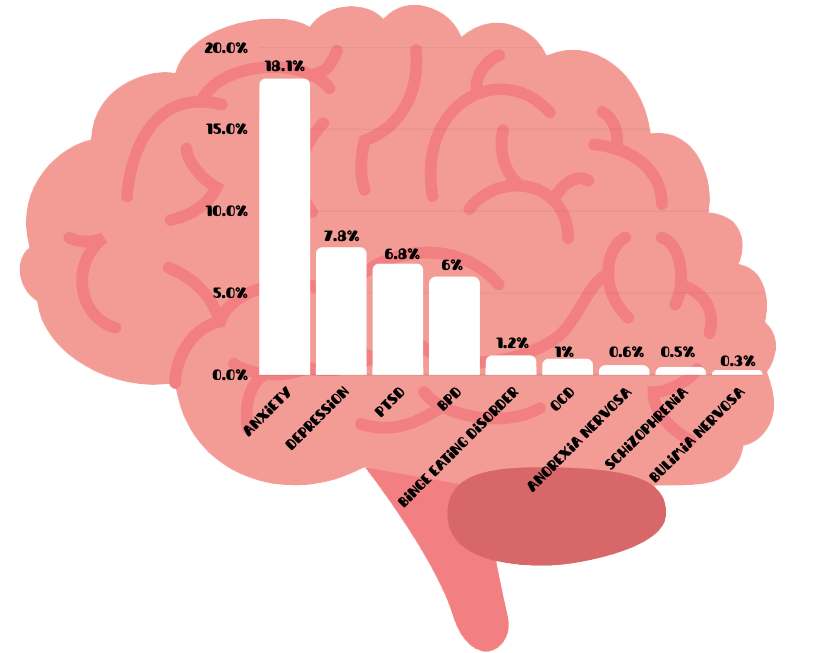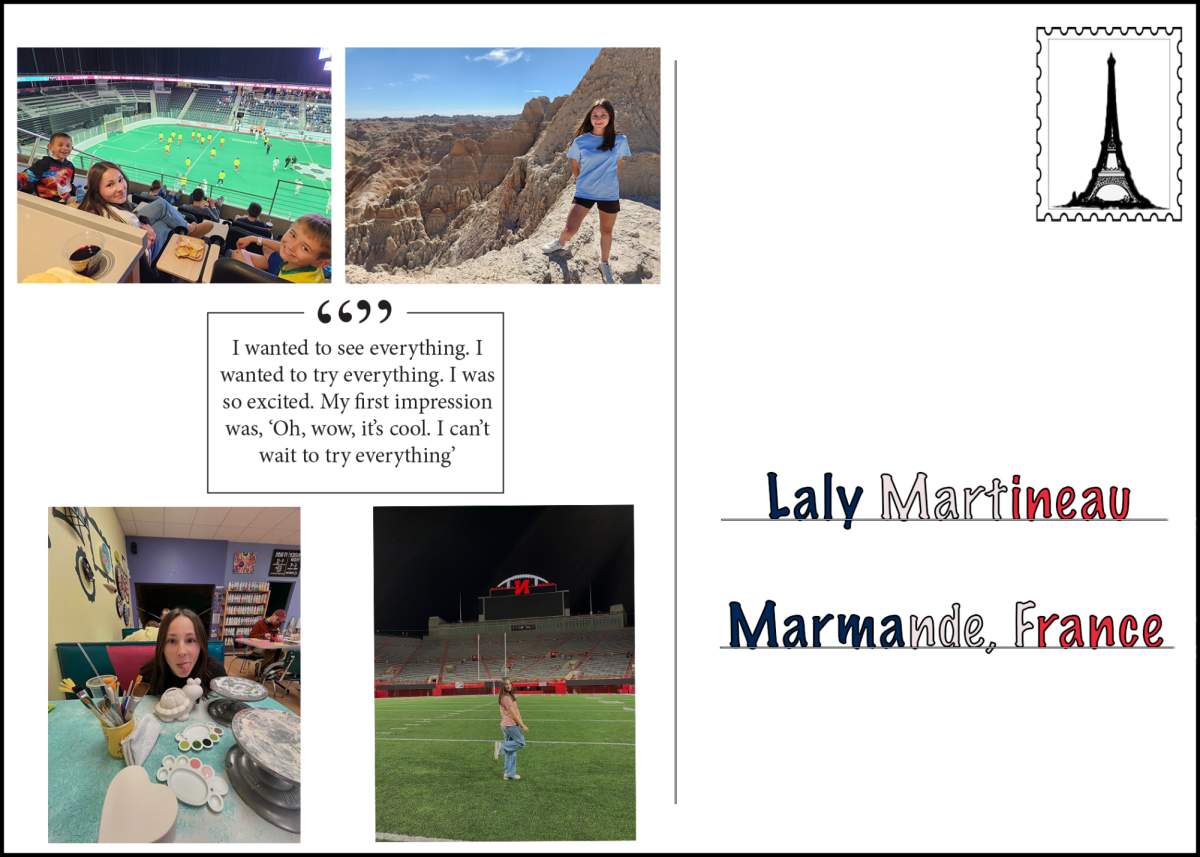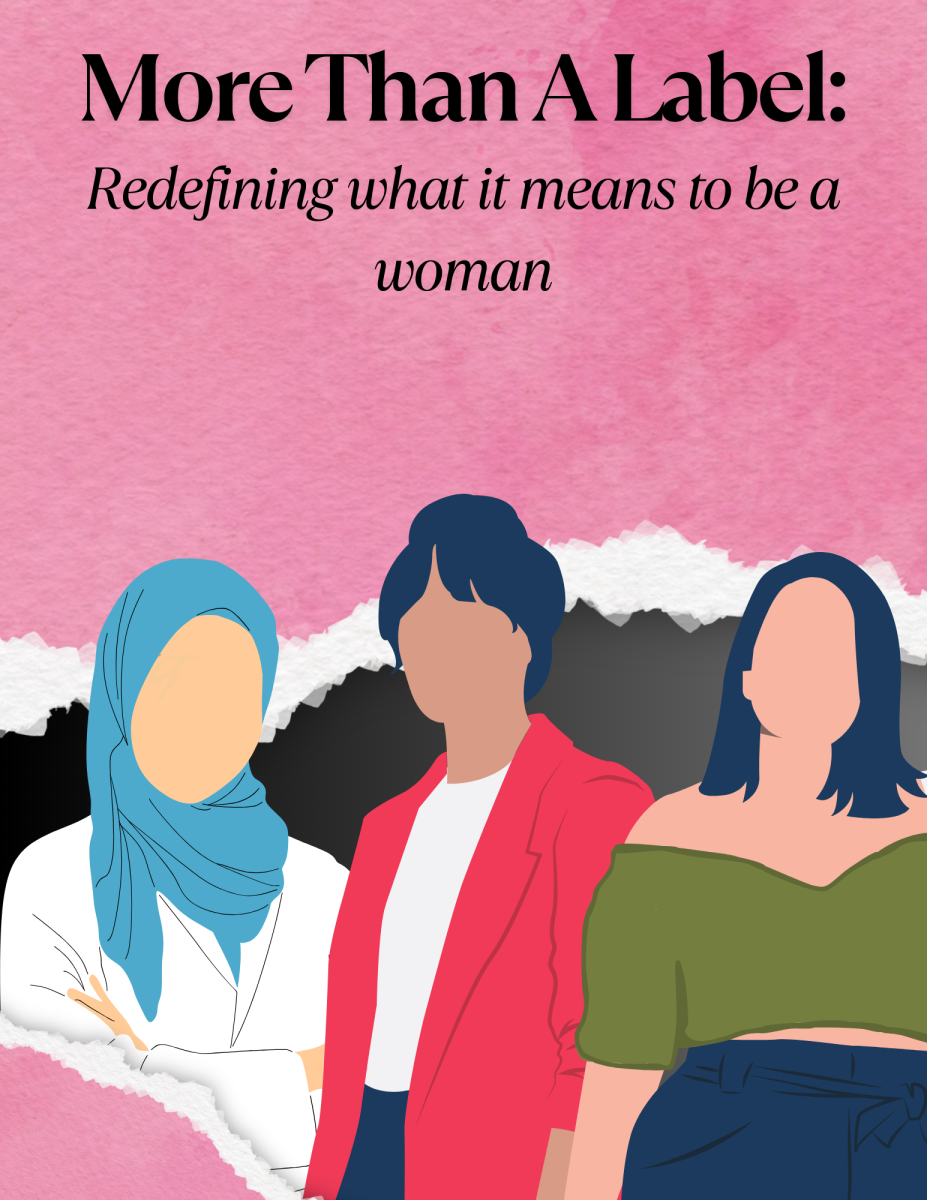Growing up as an African-American student, I couldn’t help but notice that there were very few students in my class who looked like me. I saw this trend continue at my former school, Lincoln High, the most diverse high school in Lincoln Public Schools (LPS). Bright students from different backgrounds and cultures filled the hallways, yet I would rarely find these students in advanced courses. Many factors could contribute to this achievement gap, such as a student’s personal or home life, and school factors unrelated to race or educator bias. Regardless, it would be harmful to ignore that the legacy of classroom segregation and racism in the United States continues to live in our classrooms — only in more inconspicuous ways.
LPS Middle schools with the highest number of students identified as gifted also had the lowest ethnic distributions. For example, Moore Middle School has twice as many Caucasian students as Park Middle School, and Moore’s gifted population is nearly three times larger than Park’s. Furthermore, data collected after the 2022 school year shows that minority students at LPS are more likely to be suspended, drop out and less likely to enroll in honors courses. Across the entire district, only 25% of Hispanic students, 23% of Black students and 13% of American Indian students were enrolled in honors courses.
Brittney Hodges-Bolkovac, Executive Director of Equity, Diversity, and Inclusion at LPS, said that the numbers are not where the district would like them to be.
“The reality is that our teachers do not mirror the students who we’re serving,” Bolkovac said. “We have a very high population of students of color, yet across the nation, people of color are not the ones in front of the students teaching in the classroom.”
Familiarity is essential in encouraging minorities to engage in what they are learning, which is why the district’s Board of Education enacted the “All Means All” equity plan. This plan intends to address and eliminate the disproportionality in academic achievement between different races. A crucial strategy is hiring staff from diverse racial and ethnic backgrounds. LPS recognizes the importance of having students learn from teachers of color.
The material teachers give students in class also carries great importance. The reading lists in Advanced Placement (AP) English classes are often riddled with old, outdated books written by white men. Students rarely learn about individuals of different backgrounds who made significant contributions to literature and society. Yes, it’s true that most celebrated American classics were written by white men, and these novels deserve their own literary merit. But just because a novel is universally renowned doesn’t prove that it’s superior to less-discussed works. Historically, white authors were given more appreciation and opportunities for what they wrote than authors of different backgrounds.
Bolkovac says that this lack of diverse authors and perspectives is part of the problem. If students do not hold any relevance in the plots and characters of their material, it’s unfair to assume that they could properly engage.
“We must challenge ourselves as educators and choose books that appeal to our students,” Bolkovac said. “There are many ways to teach a concept, so why are we choosing these outdated books that only give a certain worldview? How could my black and brown students possibly see themselves in this material?”
LSE junior Ibrahim Adam has taken advanced courses for most of his education. Adam’s parents encouraged him to challenge himself academically since elementary school, and over time, he’s grown to appreciate the elements of advanced classes.
However, Adam notes that it would be nice to see more minority representation in the curriculum, and I completely agree. It’s tiring to constantly learn, read and analyze the work of old, white men. While “classics” such as The Lord of the Flies or The Great Gatsby may be essential to teach, they fail to represent perspectives crucial to comprehending our complex and diverse history.
To many scholars, AP and differentiated classes are the natural approach on one’s high school academic track. Despite their popularity, students of color are vastly underrepresented in these courses.
LSE senior Michelle Formelu has noticed that she is only one of a few students of color in her advanced courses. In addition to this, Formelu also said she has noticed, and felt, the unfair expectations that are placed on people of color to overperform.
“It’s like I have to compensate for being black. It’s hard to feel like I even belong,” Formelu said. “When you’re the only person who looks [different] there’s an expectation that you will perform worse.”
Grades are not the only indicator of academic success. Opportunity gaps can limit your access to academic success from the start, and these inequities stand as obstacles for many minority students.
Speaking as an African American student, I’m tired of having to watch the way I talk, worrying it might sound too “ghetto” for my white teachers. I’m tired of being underestimated. I’m tired of being seen as nothing more than the “black perspective”. Students of color are not asking to be coddled. They are simply asking that society does not overlook their intellect because of the color of their skin. As our society becomes more diverse, it’s crucial to acknowledge the importance of diversity and inclusion in not only classrooms, but all aspects of our lives.













